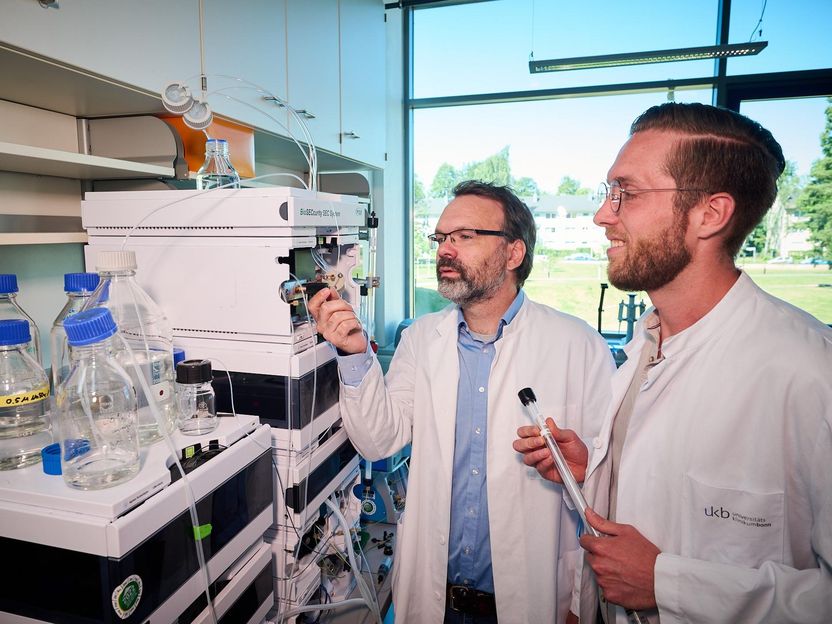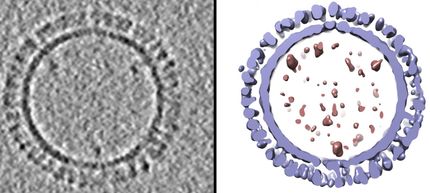Scientists successfully test MERS vaccine in monkeys and camels
National Institutes of Health (NIH) scientists and colleagues report that an experimental vaccine given six weeks before exposure to Middle East respiratory syndrome coronavirus (MERS-CoV) fully protects rhesus macaques from disease. The vaccine also generated potentially protective MERS-CoV antibodies in blood drawn from vaccinated camels.
Led by NIH-funded University of Pennsylvania scientists, the research team developed the investigational MERS vaccine by learning from previous vaccine studies of another coronavirus that causes severe acute respiratory syndrome (SARS). SARS sickened more than 8,000 people and killed more than 700 in 2003. The experimental MERS vaccine uses the S spike protein to generate immunity; because MERS-CoV undergoes mutations, the scientists created a "consensus" S protein by comparing all available MERS-CoV protein sequences. This synthetic protein has shown broad protection against different MERS-CoV types, the scientists report. Collaborators included researchers from NIH's National Institute of Allergy and Infectious Diseases, Division of Intramural Research; Public Health Agency of Canada; Inovio Pharmaceuticals; the University of Washington; and the University of South Florida.
Original publication
K. Muthumani et al.; "A synthetic consensus anti-Spike protein DNA vaccine induces protective immunity against Middle East Respiratory Syndrome Coronavirus in non-human primates."; Science Translational Medicine; 2015
Most read news
Original publication
K. Muthumani et al.; "A synthetic consensus anti-Spike protein DNA vaccine induces protective immunity against Middle East Respiratory Syndrome Coronavirus in non-human primates."; Science Translational Medicine; 2015
Organizations
Other news from the department science

Get the life science industry in your inbox
By submitting this form you agree that LUMITOS AG will send you the newsletter(s) selected above by email. Your data will not be passed on to third parties. Your data will be stored and processed in accordance with our data protection regulations. LUMITOS may contact you by email for the purpose of advertising or market and opinion surveys. You can revoke your consent at any time without giving reasons to LUMITOS AG, Ernst-Augustin-Str. 2, 12489 Berlin, Germany or by e-mail at revoke@lumitos.com with effect for the future. In addition, each email contains a link to unsubscribe from the corresponding newsletter.
Most read news
More news from our other portals
Last viewed contents
U of T Researchers Develop “Hi-Def” Copy Number Variation Decoder
Cor_pulmonale

Bacterial membrane transporter helps pathogens to hide from immune system - "Our results represent a real breakthrough, since attempts to decipher the structure of a TRAP transporter had already been going on for about 20 years"
Processing_(Chinese_materia_medica)
Hereditary_spastic_paraplegia
Nocturnal_emission
Bartholin's_gland






















































